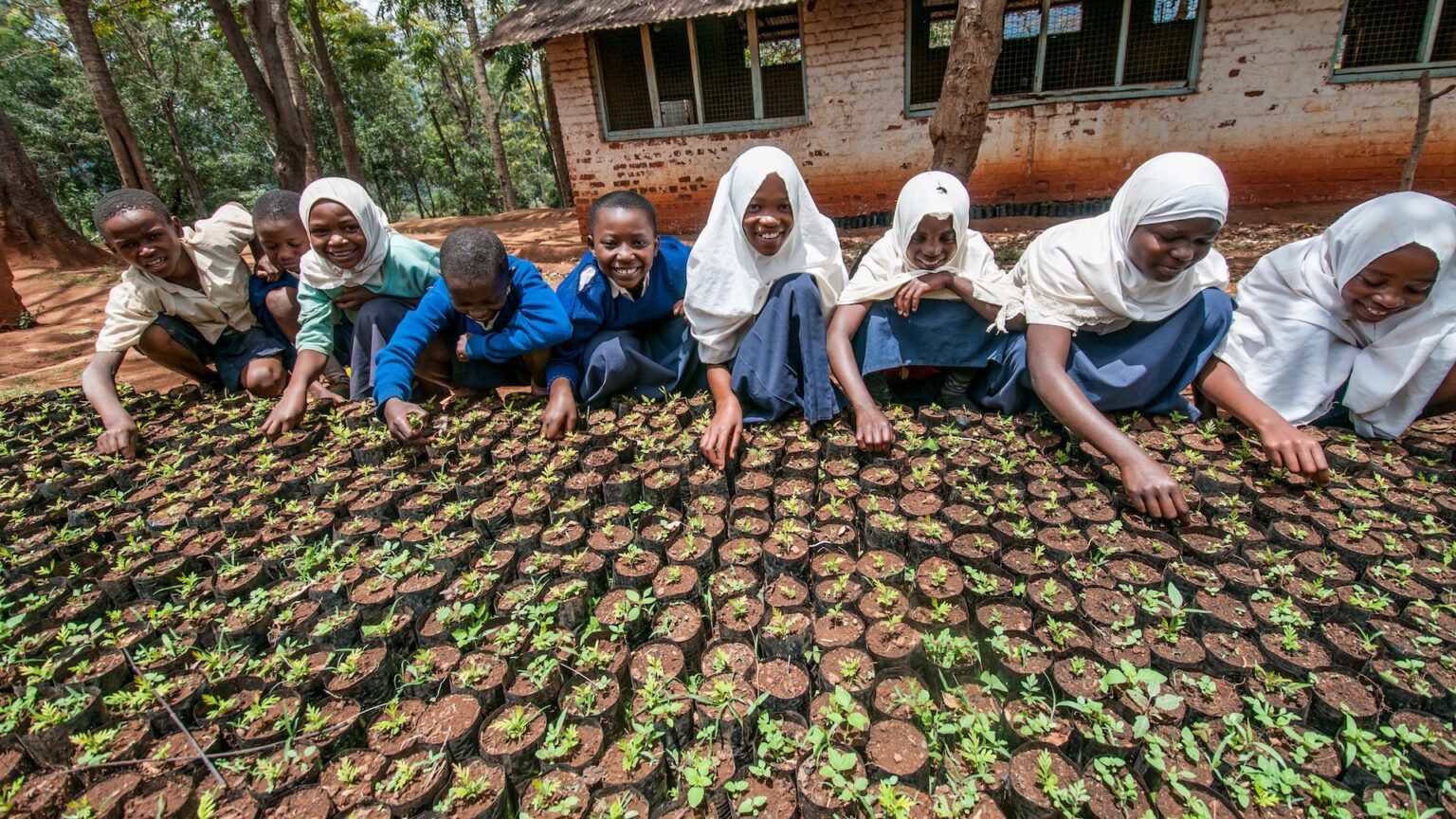As climate change impacts grow more severe, it is increasingly evident that women, while disproportionately affected, are uniquely positioned to spearhead effective solutions. In Uganda, particularly in regions vulnerable to drought and flooding, women face significant challenges. During droughts, they struggle with diminished water supplies and declining agricultural productivity, threatening their families’ food security and livelihoods. When floods occur, women, who are often responsible for managing households, face extensive damage to their homes, loss of crops and livestock, and significant disruptions to their daily routines. Climate change is not a gender-neutral issue. Women are often disproportionately affected by its consequences, yet they are also powerful agents of change. Their daily interaction with natural resources gives them a deep understanding of local ecosystems and the challenges posed by climate change. Women are often the first to notice shifts in environmental patterns and their impacts on communities. By involving women in climate resilience planning, we can leverage their knowledge to develop strategies that are both effective and culturally appropriate.
Women possess the knowledge and understanding needed to adapt to changing environmental conditions. According to the 2024 census by the Uganda Bureau of Statistics, women constitute the majority of Uganda’s population with 23.3 million compared to 22.5 million men. They are more vulnerable to climate change due to cultural, social, and economic factors. A Food and Agriculture Organization (FAO) report highlights that rural women are more vulnerable to climate changes than men because of deep-rooted social structures and discriminatory norms. To truly empower women, these barriers must be dismantled. Providing girls and women with the knowledge and skills to understand and address climate change can lead to transformative change. Training programs on sustainable farming techniques, renewable energy solutions, and disaster preparedness can equip women with the tools they need to protect their families and communities. Creating spaces for women to engage in leadership and advocacy is vital. Women must be included in local, regional, and national climate policy discussions. Their voices and perspectives are crucial for developing comprehensive and inclusive climate strategies.
Empowering women to lead the fight against climate change in Uganda is not just an ethical necessity. Women are already on the front lines of climate impacts, and their leadership can drive effective and lasting solutions. By investing in women’s education, creating platforms for their voices, and ensuring their economic empowerment, we can build a more resilient and sustainable future for all Ugandans. Addressing climate change in Uganda requires recognizing and utilizing the unique strengths and perspectives of women. Empowering them with knowledge, skills, and leadership opportunities is essential for crafting effective climate solutions that benefit entire communities.
Ms. Sarah Kihembo is Programs and Fundraising Coordinator, Women For Sustainable Earth (WOSE). Email: kihembosarah52@gmail.com
Let Us Build Your Online Success!
We are the experts in creating visually stunning and functional websites. With reliable hosting and exceptional customer support, we bring your vision to life. Join hundreds of happy clients who trust us!
Get Started Now📞 Call/WhatsApp: +256 207 800 192

